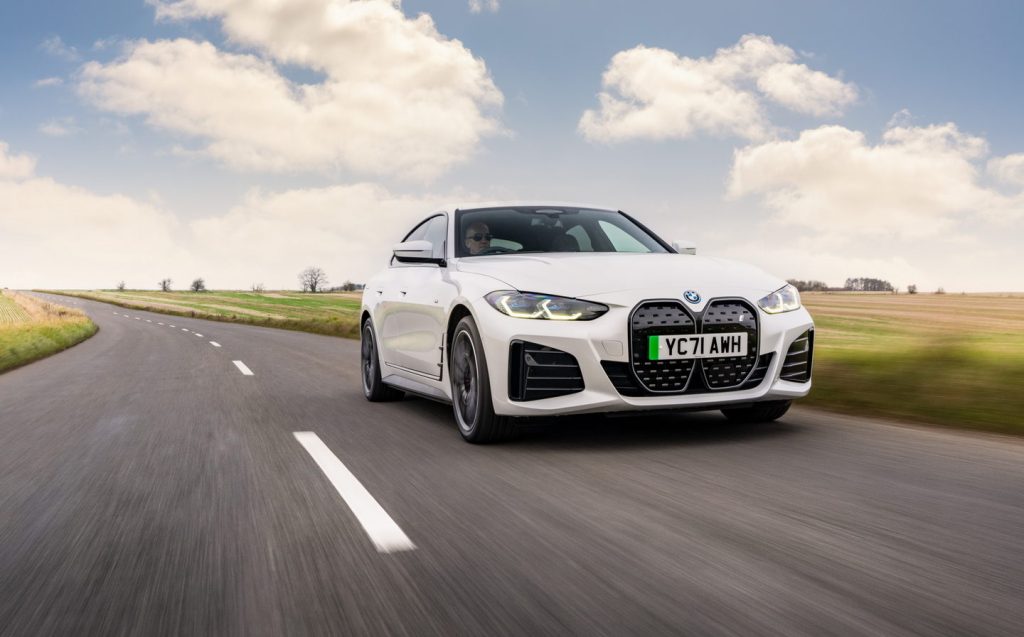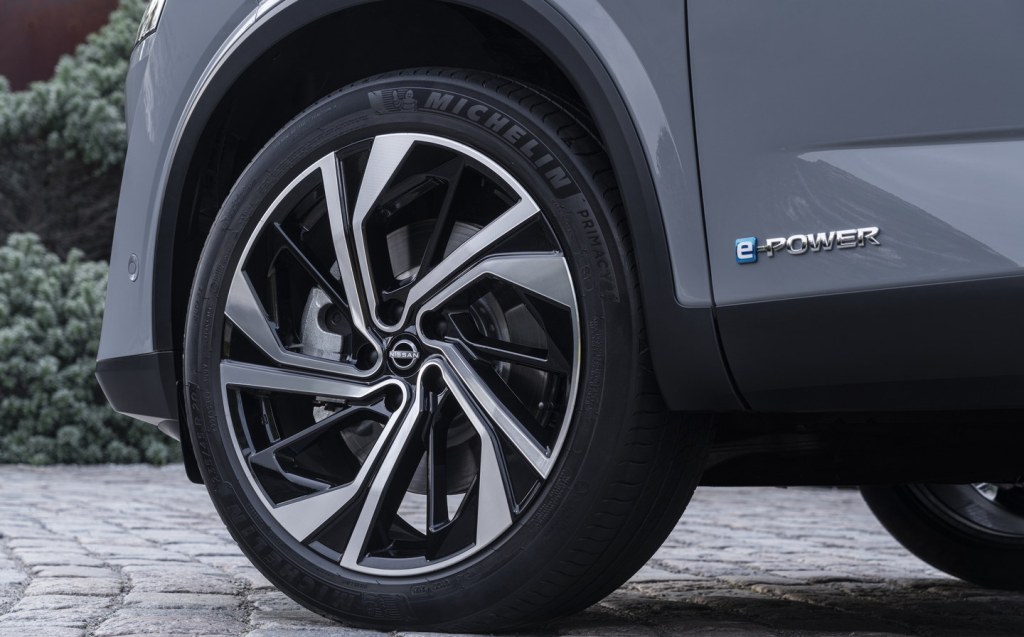BMW pulled up by Advertising Standards Authority over EV 'zero emission' claims
Carmaker instructed to clarify that EVs are only emission free while being driven
BMW is no longer allowed to describe its electric vehicles as “zero emission” without further qualification in its UK advertising material, after a ruling by the Advertising Standards Authority (ASA).
The organisation, which is charged with regulating UK advertisements, said the term on its own might erroneously lead buyers to believe there were no greenhouse gas emissions produced during the manufacture and charging of BMW’s electric vehicles (EVs).
The ASA’s ruling came after a complaint about one of BMW UK’s paid-for Google advertisements, which featured the words “Zero Emissions Cars — Download Your Brochure Today”.
The ASA said its investigation challenged whether the zero emission claim “misleadingly represented” the environmental impact of electric vehicles.

In its report of the investigation, the ASA said it upheld the complaint against BMW, with the advert promoting BMW’s portfolio of electric cars by “suggesting those cars would produce zero emissions in all circumstances.”
But the organisation said although no emissions were produced during driving, emissions could be generated “in other circumstances, such as the manufacture or charging of an EV.”
The ASA told BMW the advert must not appear again in its current form, and BMW must make it clear the claim “related to an electric vehicle only when it was being driven.”
Murky subject
Naturally, greenhouse gas emissions are also produced during the manufacture of petrol- and diesel-powered vehicles, and there are emissions involved in the production and transport of petrol and diesel fuel, but due to the carbon dioxide produced by an internal combustion engine, such vehicles are not marketed as “zero mission”.
That said, the accuracy of the ASA’s analysis is likely to come into question, given the use of the word “emissions” without prefixing it with “CO2” or “greenhouse gas”. That’s because all vehicles — regardless of propulsion system — produce some forms of particulate emissions from tyre and brake wear. Although such emissions can be harmful to human health, their impact on global warming is limited.
As a result, this is a ruling that will impact the whole car industry, as other manufacturers may be forced to rethink their marketing of electric vehicles.
BMW accepts ruling
For its part, BMW has accepted the ASA ruling and assured the organisation the “claim would not be repeated in future.”
The company said the phrase was inserted into the advert by the “automatic keyword feature” in Google Ads, after the company had paid for advertising to appear on Google searches for “electric cars” and other related terms, including “zero emission cars”.
The carmaker said it was not aware the automatic keyword feature had been activated for those search results, and only discovered the problem on receiving the ASA’s complaint.
A spokesperson for BMW UK said the term “zero emission cars” was never intended to “appear in consumer-facing material.”
Nevertheless, the spokesperson went on to say: “BMW accepts the decision of the ASA. We have taken steps to ensure the automated keyword insertion feature within Google Ads is deactivated for future campaigns to prevent this from happening again.”
Other carmakers pulled up over eco claims
But BMW is not the only manufacturer to have fallen foul of the regulator in recent years, after Nissan and Hyundai were also taken to task over the marketing of their powertrain technology.
A TV advert about Nissan’s e-Power hybrid system, which uses an electric motor to drive the wheels and a petrol engine to charge the batteries, was deemed misleading by the ASA, which said future adverts should “clearly explain the nature of the vehicle’s power source.”

Similarly, the ASA upheld a complaint about Hyundai’s advertising of its Nexo hydrogen-electric car, which the South Korean company had described as “a car so beautifully clean, it purifies the air as it goes.”
The ASA accepted the car would remove harmful particulates from the air it used in its hydrogen fuel cells, but said the claim was misleading as the car would also produce particulate emissions from tyre and brake wear — something, as mentioned above, the ASA didn’t consider in the BMW ruling.
Related articles
- After reading about the ASA ruling on BMW’s advertising electric vehicles, you may like to check out the new BMW i5 Touring
- Or take a read of our piece on whether the price of EVs will drop in 2024
- Have you seen Alpine’s first ever electric hot hatch?
Latest articles
- Seven great automotive events to visit this summer, from F1 to art and champagne
- Watch new Porsche 911 GT3 smash Nürburgring record for manual cars
- Skoda Elroq 2025 review: Czech carmaker can’t seem to miss with its electric family cars
- Five best electric cars to buy in 2025
- Should I buy a diesel car in 2025?
- F1 2025 calendar and race reports: The new Formula One season as it happens
- Zeekr 7X AWD 2025 review: A fast, spacious and high tech premium SUV — but someone call the chassis chief
- Denza Z9GT 2025 review: Flawed but sleek 1,062bhp shooting brake from BYD’s luxury arm
- Extended test: 2024 Renault Scenic E-Tech review














